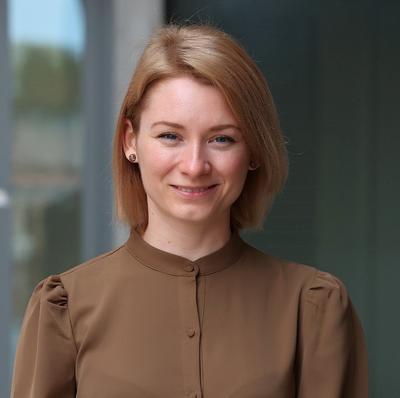Optimal sharing in social dilemmas
Maria Kleshnina – Institute for Advanced Studies in Toulouse, France

When considering biological settings where cooperation is necessary to achieve a goal, the public goods game is frequently used to model the strategic aspects of these interactions. This implies that individuals gain equally from completing the task. For example, in the case of hunters teaming up to form a hunting party, this would imply an equal sharing of the prey independent of individual contributions. However, while providing a benchmark case, such an assumption might be misleading in a joint production setting where flexible sharing is a possibility. We relax this assumption by considering a linear social dilemma where a publicly provided good can be shared flexibly among contributors. This corresponds to a linear public goods game when sharing is restricted to be equal. We derive exact conditions for when full cooperation is feasible and characterize the corresponding optimal sharing rule. We find that this rule not only makes full cooperation easier, it also allows for cooperation among extremely unequal individuals. In sharp contrast to a pure public goods setting, inequality of players makes it easier to sustain full cooperation. In addition, we demonstrate that there is generally no unique optimal sharing rule leaving room for bargaining opportunities.
(with Manuel Staab, Christian Hilbe, Valentin Huebner and Krishnendu Chatterjee).
Lieu
Montréal Québec
Canada
